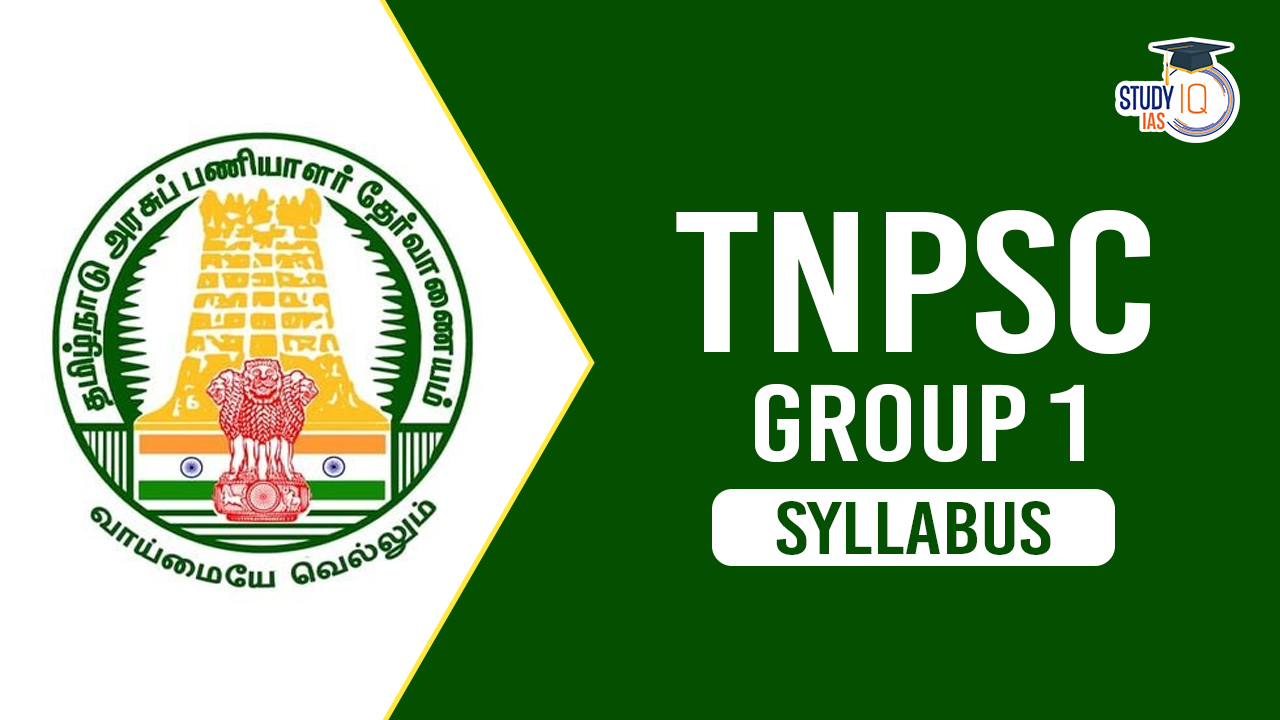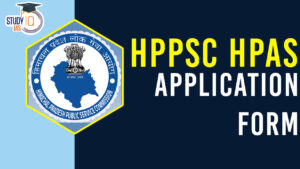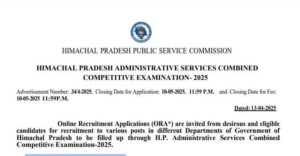Table of Contents
Candidates preparing for the Tamil Nadu Public Service Commission should have an idea of the Syllabus and exam pattern. The commission released the TNPSC Group 1 Syllabus in PDF format with official notification on its website, tnpsc.gov.in. In this article, we discuss the TNPSC Group 1 Syllabus and Exam Pattern.
TNPSC Group 1 Syllabus 2025
Tamil Nadu PSC conducts the Group 1 exam by recruiting two posts, technical and non-technical positions. Candidates preparing for Group 1 should have read the Syllabus. The TNPSC Group 1 Syllabus for 2025 is the roadmap for aspirants vying for esteemed government positions in Tamil Nadu. Divided into Prelims, Mains, and Interview stages, it offers a comprehensive evaluation process. The syllabus covers a wide spectrum of subjects, including General Studies, Indian Polity, Economy, History, and Aptitude.
|
Overview |
|
| Name of Organization | Tamil Nadu Public Service Commission |
| Name of Exam | TNPSC Group 1 |
| Stages | Three stages (Prelims, Mains, Interview) |
| Examination Duration | 3 hours for each paper in Prelims and Mains |
| Examination Mode | Offline |
| Total Marks |
|
| Job Location | Tamil Nadu |
| Official Website | tnpsc.gov.in |
TNPSC Group 1 Exam Pattern 2025
Tamil Nadu PSC Exam Pattern is divided into three patterns: Prelims, Mains, and Interviews. All are qualifying in nature.
| Stage | Subject | Duration | Maximum Marks |
| Preliminary Exam | General Studies (Degree Level) | 3 hours | 300 |
| Aptitude & Mental Ability Test (SSLC Level) | |||
| Main Exam | Paper-I: Tamil Eligibility Test (SSLC Standard) (Descriptive Type) | 3 hours | 100 |
| Paper-II: General Studies (Degree Standard) (Descriptive Type) | 3 hours | 250 | |
| Paper-III: Indian Polity and Emerging Political Trends | 3 hours | 250 | |
| Paper-IV: Role and impact of Science and Technology | 3 hours | 250 | |
| Interview | – | No fixed time | 100 |
Also, Check TNPSC Group 1 Salary
TNPSC Prelims Group 1 Syllabus 2025
|
TNPSC Prelims Group 1 Syllabus 2025 |
||
| Unit I | General Science |
|
| Unit II | Current Events |
|
| Unit III | Geography of India |
|
| Unit IV | History and Culture of India |
|
| Unit V | Indian Polity |
|
| Unit VI | Indian Economy |
|
| Unit VII | Indian National Movement |
|
| Unit VIII | History, Culture, Heritage, and Socio-Political Movementsin Tamil Nadu |
|
| Unit IX | Development Administration in Tamil Nadu |
|
| Unit X | Aptitude And Mental Ability |
|
TNPSC Mains Group 1 Syllabus 2025
| Paper | Subject | Unit | Topics |
|---|---|---|---|
| 1 | General Studies | Unit I – Modern History of India and Indian Culture |
|
| Unit II – Social Issues in India and Tamil Nadu |
|
||
| Unit III – General Aptitude and Mental Ability |
|
||
| 2 | General Studies | Unit I – Indian Polity and Emerging Political Trends across the world affecting India |
|
| Unit II – Role and Impact of Science and Technology in the Development of India |
|
||
| Unit III – Tamil Society (Culture and Heritage) |
|
||
| 3 | General Studies | Unit I – Geography of India with special reference to Tamil Nadu |
|
| Unit II – Environment, Biodiversity, and Disaster Management |
|
||
| Unit III – Indian Economy and Current Economic Trends and Impact of Global Economy on India |
|
TNPSC Group 1 Exam Preparation Tips
- Understand the Syllabus: Familiarize yourself with the TNPSC Group 1 syllabus to prioritize topics effectively.
- Create a Study Schedule: Develop a study plan allocating time for each subject and revision.
- Refer to Quality Resources: Utilize standard textbooks, reference materials, and online resources for comprehensive study.
- Practice Previous Papers: Solve past year papers to understand the exam pattern, and time management, and identify weak areas.
- Take Mock Tests: Regularly take mock tests to simulate exam conditions and assess your preparation level.
- Revision is Key: Regularly revise topics to retain information effectively.


 GPSC Class 1 and 2 Call Letter 2025 Out,...
GPSC Class 1 and 2 Call Letter 2025 Out,...
 HPPSC HPAS Application Form 2025, Apply ...
HPPSC HPAS Application Form 2025, Apply ...
 HPPSC Exam 2025: Notification, Eligibili...
HPPSC Exam 2025: Notification, Eligibili...





















